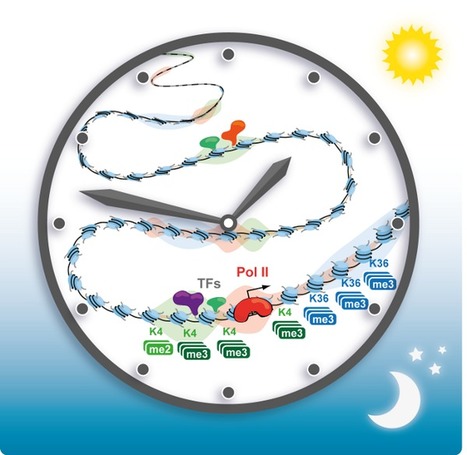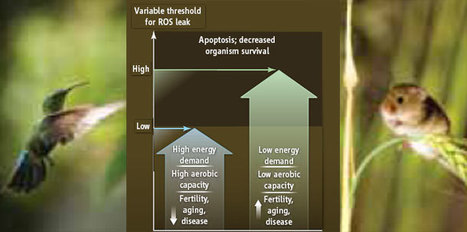Virtually all organisms with complex cells—better known as eukaryotes—have at least two separate genomes. The main one sits in the central nucleus. There’s also a smaller one in tiny bean-shaped structures called mitochondria, little batteries that provide the cell with energy. Both sets of genes must work together. Neither functions properly without the other.
Mitochondria came from a free-living bacterium that was engulfed by a larger cell a few billion years ago. The two eventually became one. Their fateful partnership revolutionised life on this planet, giving it a surge of power that allowed it to become complex and big (see here for the full story). But the alliance between mitochondria and their host cells is a delicate one.

 Your new post is loading...
Your new post is loading...
 Your new post is loading...
Your new post is loading...















